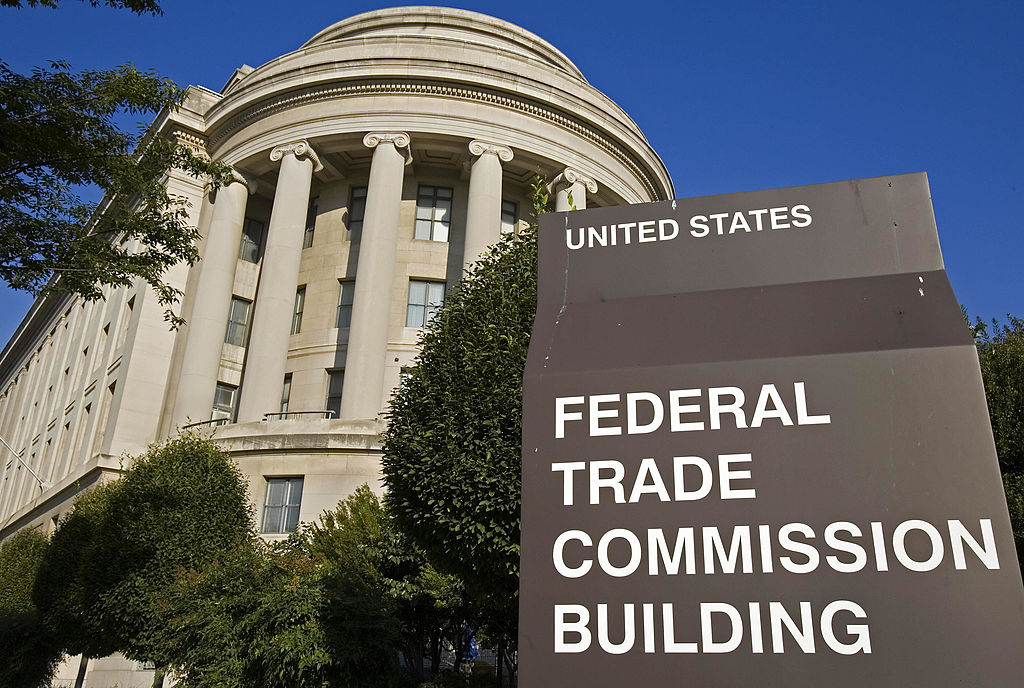FTC: Anonymization is No Shield for Ad Data Collection
Warns marketplace it will be looking hard at ad tech

The smarter way to stay on top of the multichannel video marketplace. Sign up below.
You are now subscribed
Your newsletter sign-up was successful
The Federal Trade Commission is warning the “shadowy” advertising-tech marketplace that it is on the lookout for any practices that run afoul of its rules, and that any claims ad-related data collection is anonymized to protect consumers are no shield from the long arm of the regulator.
And while the FTC is an independent agency, the White House has added its muscle to the warning by circulating it to the press.
Kristen Cohen, acting associate director of the FTC’s Division of Privacy and Identity Protection, tied the warning to the overturning of Roe v. Wade and concerns about women’s health data being manipulated or misused.
Also: Advertisers Tell FTC That Banning Targeted Ads Threatens Trillions in GDP
Cohen focused on “a particularly sensitive subset at the intersection of location and health: information related to personal reproductive matters — for example, products that track women’s periods, monitor their fertility, oversee their contraceptive use or even target women considering abortion.” She said the concern was not simply theoretical, citing a company that targeted ads to consumers who were nearing an abortion-services clinic and another case of Google and Facebook allegedly sharing information culled from period and infertility tracking apps.
But the general message was that the ad tech marketplace was “murky” and “opaque,” and that anonymization was no defense for collection of highly sensitive info, particularly health-related, particularly given the granularity of geolocation info.
“When consumers use their connected devices — and sometimes even when they don’t — these devices may be regularly pinging cell towers, interacting with WiFi networks, capturing GPS signals and otherwise creating a comprehensive record of their whereabouts,” Cohen said.
Cohen said claims that data is anonymous or has been anonymized are often deceptive. She cited the example of one set of researchers able to identify 95% of an anonymized data set of people using just four location points.
“Firms making claims about anonymization should be on guard that these claims can be a deceptive trade practice and violate the FTC Act when untrue,” she said. Given the research she cites, it sounds like an anonymization claim would be a tough defense at the FTC.
She said companies that “over-collect, indefinitely retain or misuse consumer data” can expect to hear from the agency.
The FTC is authorized to sanction any false or deceptive advertising or claims under authority given by Section 5 of the FTC Act. ■
The smarter way to stay on top of the multichannel video marketplace. Sign up below.
Contributing editor John Eggerton has been an editor and/or writer on media regulation, legislation and policy for over four decades, including covering the FCC, FTC, Congress, the major media trade associations, and the federal courts. In addition to Multichannel News and Broadcasting + Cable, his work has appeared in Radio World, TV Technology, TV Fax, This Week in Consumer Electronics, Variety and the Encyclopedia Britannica.

